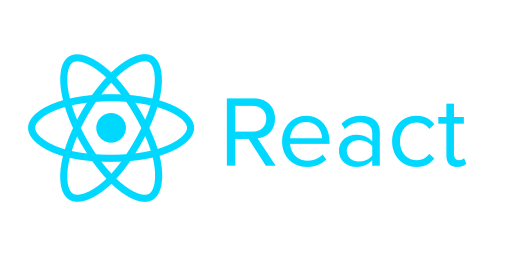React Js & Node Js
React.js and Node.js are two of the most powerful tools in modern web development. Together, they offer a full-stack development solution that is efficient, scalable, and maintainable. React.js, developed by Facebook, is a JavaScript library for building user interfaces, particularly single-page applications where performance and user experience are critical. Node.js, on the other hand, is a server-side platform built on Google Chrome’s V8 JavaScript engine. It allows developers to use JavaScript to write server-side code, thereby unifying the development stack with a single language.

React Js
React.js is an open-source JavaScript library used for building dynamic user interfaces, particularly for single-page applications. It allows developers to create reusable UI components, which present data that changes over time. The primary goal of React is to be fast, scalable, and simple. It can be used in conjunction with other JavaScript libraries or frameworks, such as AngularJS in MVC.
Core Concepts:
JSX: A syntax extension that looks similar to XML or HTML. JSX makes it easier to write and add HTML in React.
Components: Components are the building blocks of a React application. They can be either class-based or functional.
State and Props: State is managed within a component (data that can change over time), while props are inputs to a component.
Lifecycle Methods: Methods that allow developers to hook into specific points of a component’s lifecycle (Mounting, Updating, and Unmounting).
Hooks: Functions that let you use state and other React features in functional components. They include useState, useEffect, useContext, and more.
Topics Covered:
- Introduction to React and its Ecosystem
- Setting Up a React Development Environment
- JSX and the Virtual DOM
- Creating and Managing Components
- State Management and Lifecycle Methods
- Handling Events and Forms in React
- Routing with React Router
- State Management with Redux
- Fetching Data with Axios
- Unit Testing React Components
- Performance Optimization Techniques
- Building and Deploying React Applications
Practical Applications:
- Building Single Page Applications (SPAs)
- Developing Dynamic and Interactive Web Applications
- Creating Reusable UI Components

Node Js
Node.js is an open-source, cross-platform runtime environment built on Chrome's V8 JavaScript engine, designed for executing JavaScript code outside a web browser. It enables developers to build scalable and high-performance network applications and server-side tools. The primary goal of Node.js is to provide an event-driven, non-blocking I/O model that makes it lightweight and efficient, suitable for data-intensive real-time applications.
Core Concepts:
- Event-Driven Programming: Node.js is event-driven, meaning everything that happens in Node is a reaction to an event.
- Asynchronous Programming: Node.js is asynchronous by default, allowing it to perform non-blocking operations.
- Modules and npm: Node.js uses modules to encapsulate code and npm to manage these modules.
- Streams and Buffers: These are used to handle streaming data, which is crucial for building efficient network applications.
- RESTful APIs: Node.js is widely used to create RESTful web services.
Topics Covered:
- Introduction to Node.js and its Ecosystem
- Setting Up a Node.js Development Environment
- Understanding the Event Loop and Non-Blocking I/O
- Modules and Package Management with npm
- Building and Serving APIs with Express.js
- Middleware and Routing in Express.js
- Handling Data with MongoDB and Mongoose
- Authentication and Authorization
- Real-Time Applications with WebSockets
- Error Handling and Debugging
- Deploying Node.js Applications
- Unit and Integration Testing
Practical Applications:
- Building RESTful APIs
- Developing Real-Time Applications like Chat Servers
- Creating Scalable Network Applications
- Integrating with Databases (e.g., MongoDB)
Course Details
Course Duration: The course spans over 3 months, with classes held only on weekends, making it convenient for working professionals and students alike.
Hours: Each session will last between 2 to 3 hours, providing a thorough and immersive learning experience.
Course Fees: The total fee for this comprehensive course is 5000.
